Anxiety-Busters That Don't Require an Rx
Just because these stress-reduction techniques are all-natural doesn't mean they aren't addictive.
By Corrie Pikul
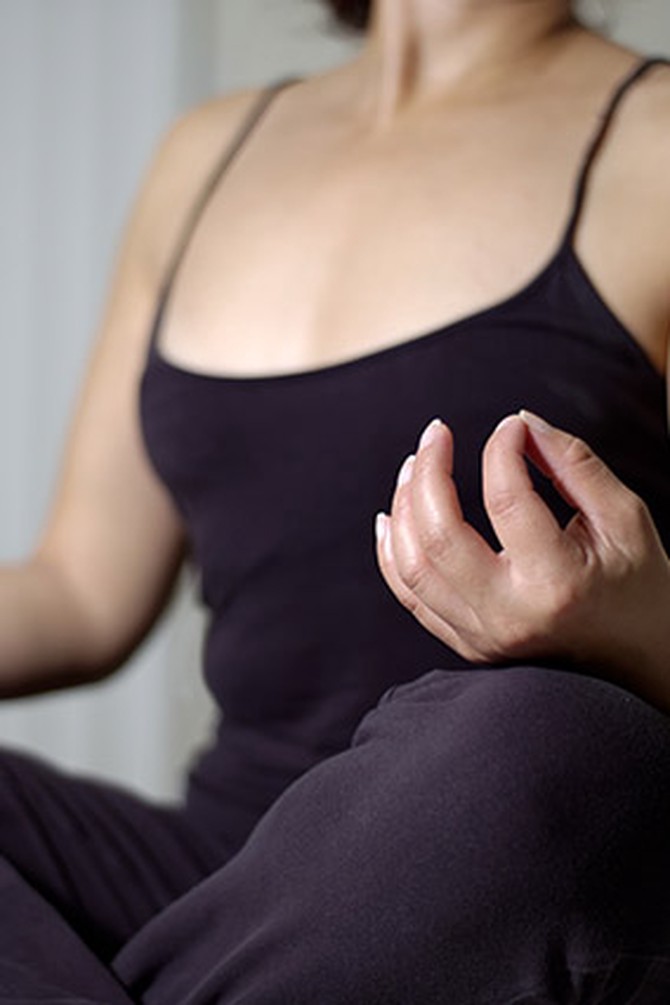
Photo: Thinkstock
The 10-Minute Cure for Monkey Mind
We know you don't need a study to convince you of the mind-quieting potential of meditation (didn't we all read Eat Pray Love?), but this one's pretty impressive: A group of Boston University researchers analyzed the results of 39 studies with 1,140 total participants to assess how effective mindfulness-based therapy really was (they admitted in their conclusion that they were initially skeptical). They found that this type of meditation is legitimately effective in treating not just anxiety, mood disorders and depression, but also cancer and other psychiatric and medical conditions. The icing on the cake: just a few minutes will do the trick. And a study published in the Proceedings of the National Academy of Sciences found that meditation can lower stress in less than a week.
Recommended dosage: Try these 10-minute mini-meditations that are meant to be incorporated into your day.
Recommended dosage: Try these 10-minute mini-meditations that are meant to be incorporated into your day.
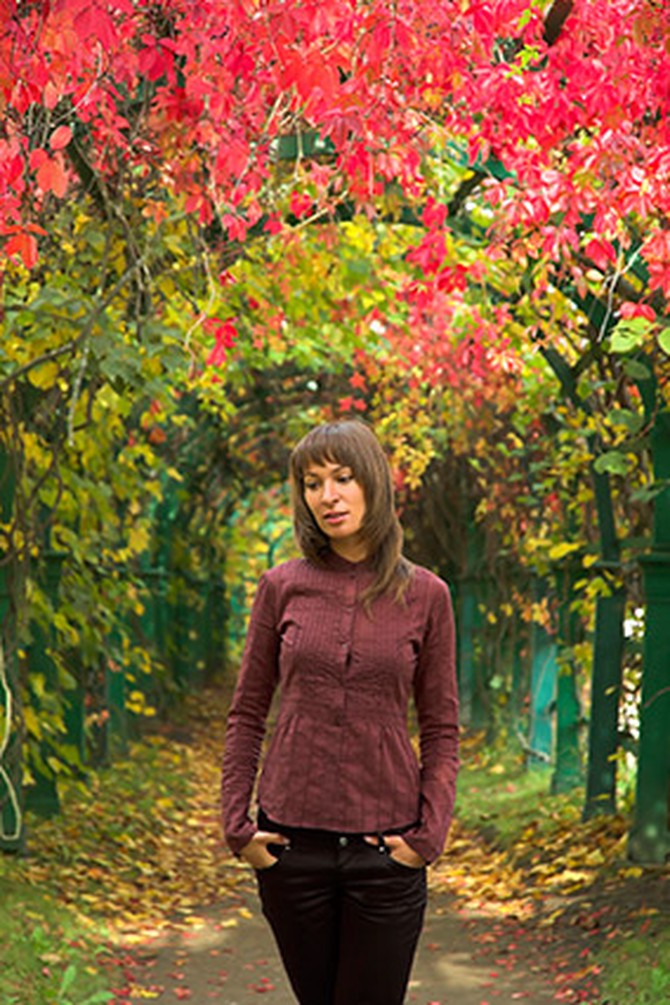
Photo: Thinkstock
A Relaxing Bath That Doesn't Require a Towel
On weekends, overstimulated Tokyo-ites head to the sylvan hills outside the capital for the Japanese pastime of Shinrin-yoku, or "forest-bathing." Recent research shows that they're on to something: Scientists from Chiba University have found that compared with city strolls, leisurely walks in nature result in a 12.4 percent decrease in the stress hormone cortisol, a 7 percent decrease in sympathetic nerve activity, a 1.4 percent decrease in blood pressure and a 5.8 percent decrease in heart rate. Those studies have also shown that spending time outside can increase parasympathetic nerve activity by 55 percent , which, the researchers said, is associated with a relaxed state.
Recommended dosage: You'll boost your mind in as little as 5 minutes spent outdoors,according to research by Jules Pretty, a professor of environment and society at the University of Essex. However, an entire day outdoors can bring even greater benefits.
Recommended dosage: You'll boost your mind in as little as 5 minutes spent outdoors,according to research by Jules Pretty, a professor of environment and society at the University of Essex. However, an entire day outdoors can bring even greater benefits.
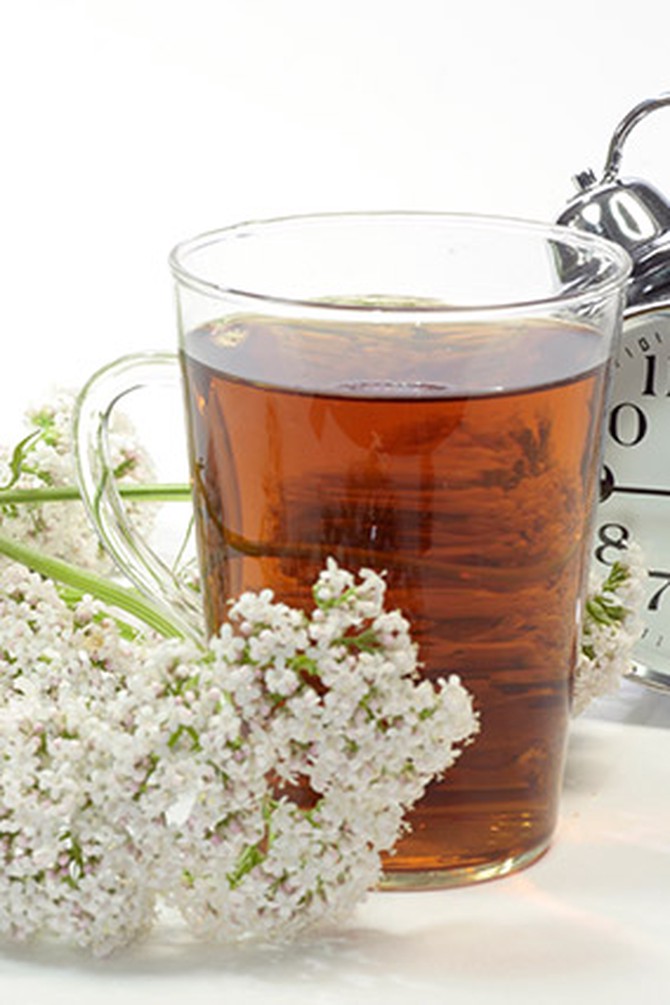
Photo: Thinkstock
Mother's Little Helper—In a Teapot
The valerian plant is a hardy perennial whose flowers were once used to make perfume. The root of the plant contains chemicals called valepotriates as well as volatile oils and alkaloids and is widely believed to be a natural sedative. "Tea made from valerian root relaxes the nerves," says Roberta Lee, MD, the vice chair of he Department of Integrative Medicine at Beth Israel Medical Center and the author of The SuperStress Solution. "Think of it as a very weak Valium."
Recommended dosage: No need to grind your own roots; simply steep a prepared bag in hot water. The taste is naturally bitter, so add honey to sweeten.
Recommended dosage: No need to grind your own roots; simply steep a prepared bag in hot water. The taste is naturally bitter, so add honey to sweeten.
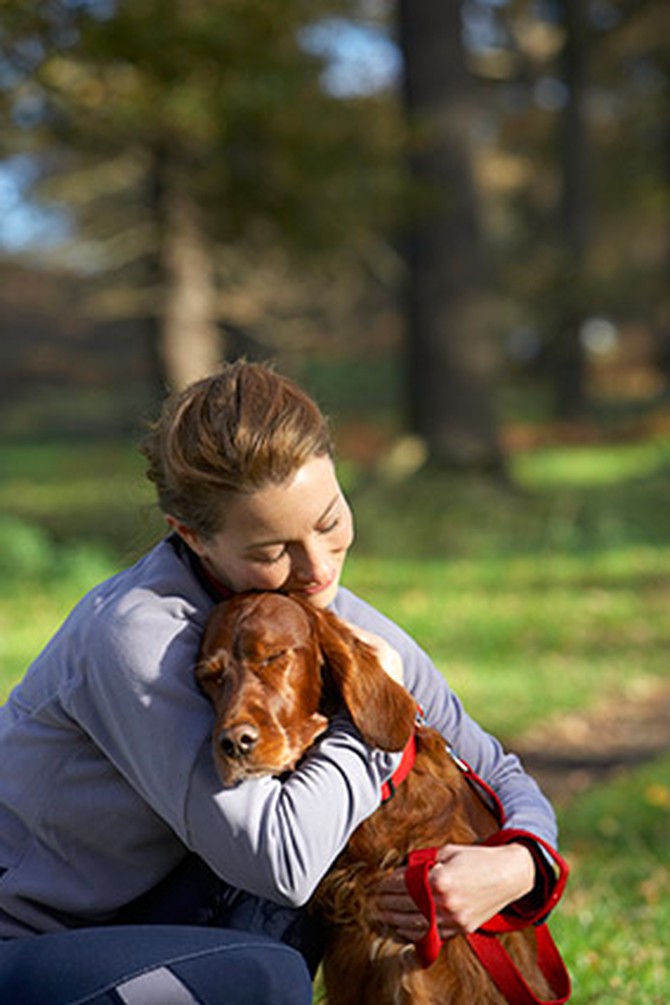
Photo: Thinkstock
The Stress-Reducer That Purrs
If you have a cat or a dog, you already know that stroking their fur makes you feel better after a bad day. In separate studies, pets have also helped to lower the blood pressure of high-strung stockbrokers, relax research subjects who were asked to perform a stressful arithmetic task and lower the anxiety levels of hospital patients.
Recommended dosage: Don't have a pet—and don't have room in your life to adopt one? Temporarily fostering a cat or a dog can have similar benefits.
Recommended dosage: Don't have a pet—and don't have room in your life to adopt one? Temporarily fostering a cat or a dog can have similar benefits.

Photo: Thinkstock
The Body's Natural Cannabis
Most of us think that the famed runner's high comes from endorphins that flood the brain after intense activity, but research has shown that those endorphins are actually too large to pass the blood-brain barrier. Neuroscientists are now claiming that the credit is due to endocannabinoids, smaller molecules made up of lipids that have a similar affect on the body as does the active ingredient in marijuana. Receptors in the brain and the body allow these endocannabinoids to bind to the nervous system, and this sets off reactions that decrease pain and anxiety and generally help us feel more groovy.
Recommended dosage: 50 minutes of heart-pounding, sweaty exercise has been found to increase blood levels of endocannabinoids (other studies have found that a regular exercise habit—such as daily training for races—can have a protective effect for the high-strung and anxiety-prone).
Recommended dosage: 50 minutes of heart-pounding, sweaty exercise has been found to increase blood levels of endocannabinoids (other studies have found that a regular exercise habit—such as daily training for races—can have a protective effect for the high-strung and anxiety-prone).
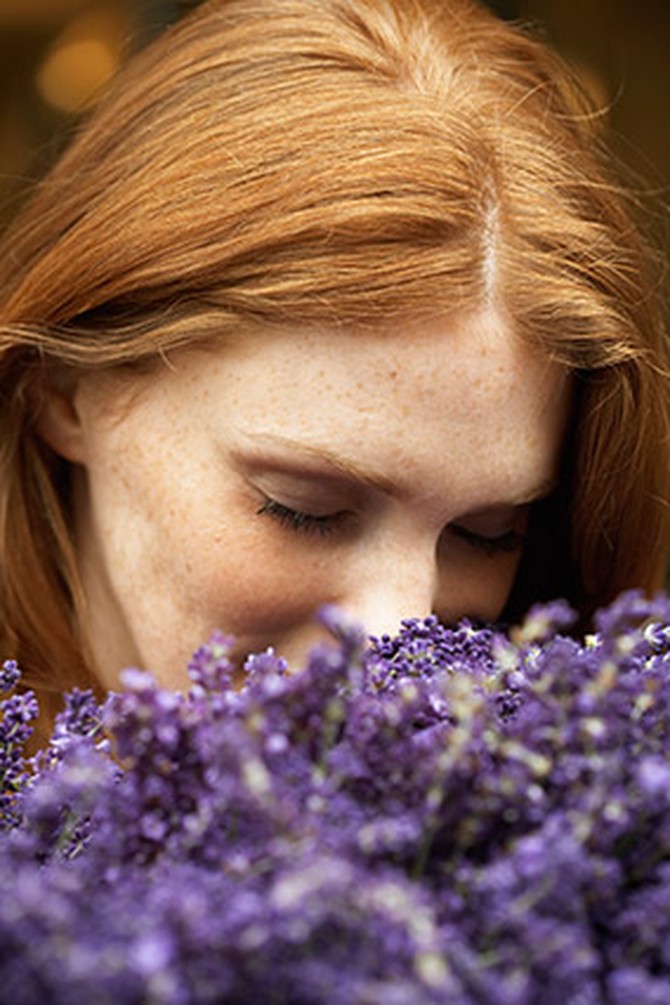
Photo: Thinkstock
Scents That Steady Your Nerves
The practice of using scented oils to cure ailments dates back to ancient times, and in Europe, aromatherapy is taken a little more seriously as an alternative medical treatment. While many of the clinical studies have been small or wishy-washy (as in, it may not be helpful... but it's not hurtful), a research review published in the February 2011 issue of the Journal of Alternative and Complementary Medicine concluded that aromatherapy could quell anxiety.
Recommended dosage: For best results, bypass the scented body washes and lotions, which usually contain extra ingredients (e.g., emollients, alcohol) in favor of concentrated pure essential oils. If the vials of lavender, ylang ylang and chamomile oils at your local wellness shop give you a headache, try a more subtle blend, like these from 21 Drops.
Next: Stress myths—debunked!
Recommended dosage: For best results, bypass the scented body washes and lotions, which usually contain extra ingredients (e.g., emollients, alcohol) in favor of concentrated pure essential oils. If the vials of lavender, ylang ylang and chamomile oils at your local wellness shop give you a headache, try a more subtle blend, like these from 21 Drops.
Next: Stress myths—debunked!
Published 01/09/2013

